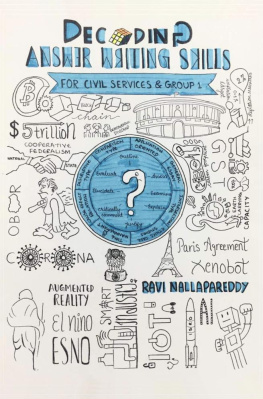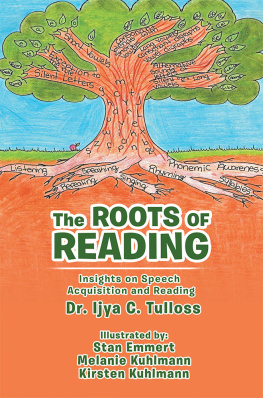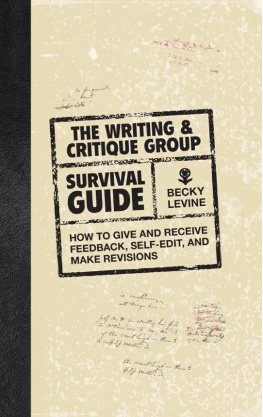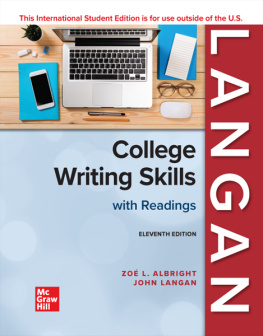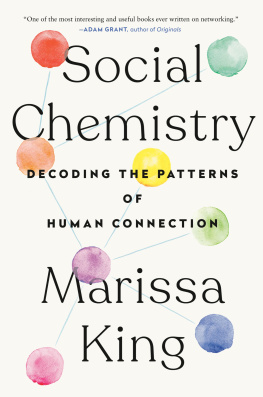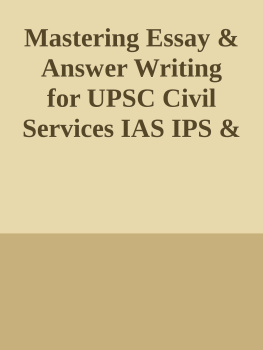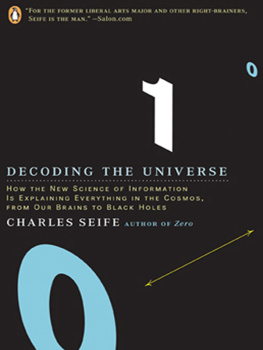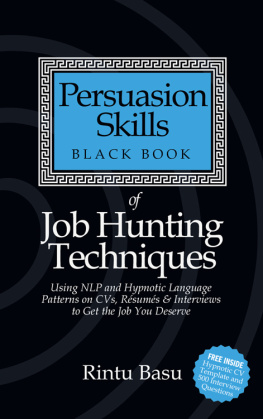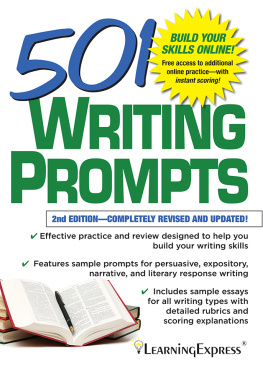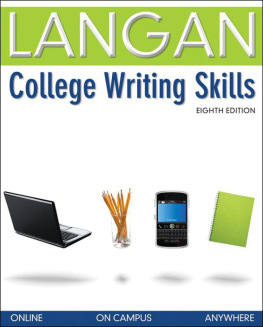Dedicated To
Mahatma Gandhi
..for being constant source of inspiration to me
My Father
..for being my role model
My Brother
..for being my brother
FOREWORD
W hen a student gets the idea of cracking Civils to his mind, the first question that flashes is 'which institute?' as if it is compulsory prerequisite to clear Civils. This is based on the idea that 'IAS is the most sought after exam and the toughest exam in India and one need to attend classes offered by the best faculty to clear the exam'. No, Not at all. Whatever is being asked in Civils is mostly of intermediate standard. You can find answers for the static part of Polity, Geography, Economy and History from NCERT books from 6th to 12 th standard. If you follow any standard News Paper such as The Hindu or The Indian Express, you can handle the dynamic component easily.
How can it be so simple? If it is so simple why brilliant and hard working students fail?. Good question. Before I answer this question, let me give an analogy of cooking. Wikipedia states that "Cookery is the art, technology, science and craft of preparing food for consumption. Cooking techniques and ingredients vary widely across the world, from grilling food over an open fire to using electric stoves, to baking in various types of ovens, reflecting unique environmental, economic, and cultural traditions and trends. Types of cooking also depend on the skill levels and training of cooks". For a hungry man of stone age some raw food for sufficient to satisfy his appetite but for a connoisseur of food one has to serve food which tastes, smells and looks really good - and the evaluator of your answers in civil services is the connoisseur of space age not the hungry man of the stone age.
Level 1 of preparation is similar to hunter-gatherer stage where a student attends classes in reputed institutes at Delhi, Hyderabad or Bengaluru and gathers all the relevant information. He or she starts procuring Laxmi Kanth, GC Leong, Ramesh Singh as well as Old and New NCERTs. Most of the people think piling up all the books and materials and mugging up the information is the most important component of their preparation and it alone can sail them through.
In olden days they use to ask about the contribution of Gandhi or Ambedkar for the upliftment of the downtrodden. But now they ask Mahatma Gandhi and Dr. B. R. Ambedkar, despite having divergent approaches and strategies, had a common goal of amelioration of the downtrodden. Elucidate. In olden days they use to ask Explain the characteristics of Amaravati school of art but now-a-days the questions will be like Explain the characteristics of Amaravati school of art which represent the revival of uniquely different art style. Explain how it is different from Mathura and Gandhara schools of art. So, it is not sufficient to learn anything in isolation. One need to compare and contrast while preparing and be prepared to handle such questions in the exam. Those who have just mugged up characteristics of each school of art will start comparing them in the exam hall and will end up taking huge time to answer this question and also will end up with less points. Those with hunter-gatherer style of preparation will lose the battle with those who have done sufficient ground work at home with Level 2 preparation.
In olden days the questions used to be about Buddhas teachings or about town planning of Indus Valley civilization. But the new generation Civils questions are more focused on current day relevance. The will be like this Buddhas teachings to a large extent could be helpful in understanding and resolving the problems of todays society. Critically Examine. Or To what extent has the urban planning and culture of the Indus Valley Civilization provided inputs to the present day urbanization? Discuss. Again, those with hunter-gatherer style of preparation will get stumbled with such questions as they are totally unprepared for such questions.
Gone are the days when the questions were very simple like Outline the concept of Ashoka Dhamma. Now-a-days the examiner is asking cause-effect based questions like Decline of Mauryan Empire was due to Ashokan policy of Dhamma. Critically evaluate.. New age questions are testing the understanding of students regarding the under-currents of history. It is not sufficient to know what happened in history but to understand why it happened the way it happened. It is not sufficient to know the fact that most of the battles in the medieval period happened at Panipat, but to know why most of the battled occurred there.
I intentionally chose questions from history as examples here. It is general opinion that history subject is static in nature and it is sufficient if we collect all the facts and remember them. But to score better one need to analyze thoroughly, understand under-currents and cause & effect relations, compare & contrast, and to understand the present day relevance of those events and concepts. If history, which is supposed to be static in nature, has so much of analysis, processing and internalization, imagine how much of analysis and processing is required by a students for polity, economy and science & technology?
Those with level 1 preparation, whom I call as hunter-gatherer type, simply pile up information in the mind where as those of level 2 preparation try to process the information and internalize all of it. In the cooking analogy, level 2 means use of fire. Before the invention of fire humans were consuming raw veggies, fruits and meat, but once the fire is invented they started using fire in the process of food preparation, which we call as cooking.
First and foremost requirement to succeed in the exam is the ability to understand the question accurately and comprehensively. One may get puzzled when I say understanding the question is such an important aspect of succeeding in this exam. But it is true. R.A.Israel Jebasingh , Who got selected for IAS with All India Rank of 59 in 2004 says Answer the question completely . Read the question twice to understand ,what all is asked. Understand what is exactly asked. Do not write whatever you know in the topic without understanding what is asked. Here is the example he picks to explain the same.
Q. While we flaunt Indias demographic dividend, we ignore the dropping rates of employability. What are we missing while doing so? Where will the jobs that India desperately needs come from? Explain.(GS Paper 3,2014)
The moment you see "demographic dividend", do not start writing about it . Read the question again. The question is referring to the unemployability of the demographic dividend. Thereby referring to skill development of the demographic dividend. Now connect the two and write your answer. Also, dont miss the second part of the question on "where will the jobs come from".
So, it is of paramount importance to understand accurately and completely. Some of the students jump to the answer by having 50% of clarity about the question. Everybody agree that it is wrong. But most of the aspirants think that having 98% of accuracy in understanding the question is good enough. The civil services mains has a total of 1750 marks. 2% of it is 35 marks. Assuming that one gets 50% of marks for the questions they attempt, this lack of accuracy in understanding will cost 17.5 marks, which can make or break ones prospects ( I lost place in the final list of those selected for Civil Services by 12 marks in my first attempt in 1991)
By having only 95% accuracy in understanding of question will cost us 43.75 marks and having only 90% accuracy in understanding of question will cost us 87.5 marks, which is very huge.
We frequently come across Comment, Examine, Critically Examine, Analyse, Critically Evaluate, Assess, Outline, Justify, Discuss, Elucidate, 'Describe', 'Justify', Discuss Critically etc in the mains questions. These directives are not randomly given. They serve a purpose. In every question, when they are given, they demand specific response from candidates. Most of the students dont understand the question accurately because they dont make use of these key words to understand what is expected from them for that question.

